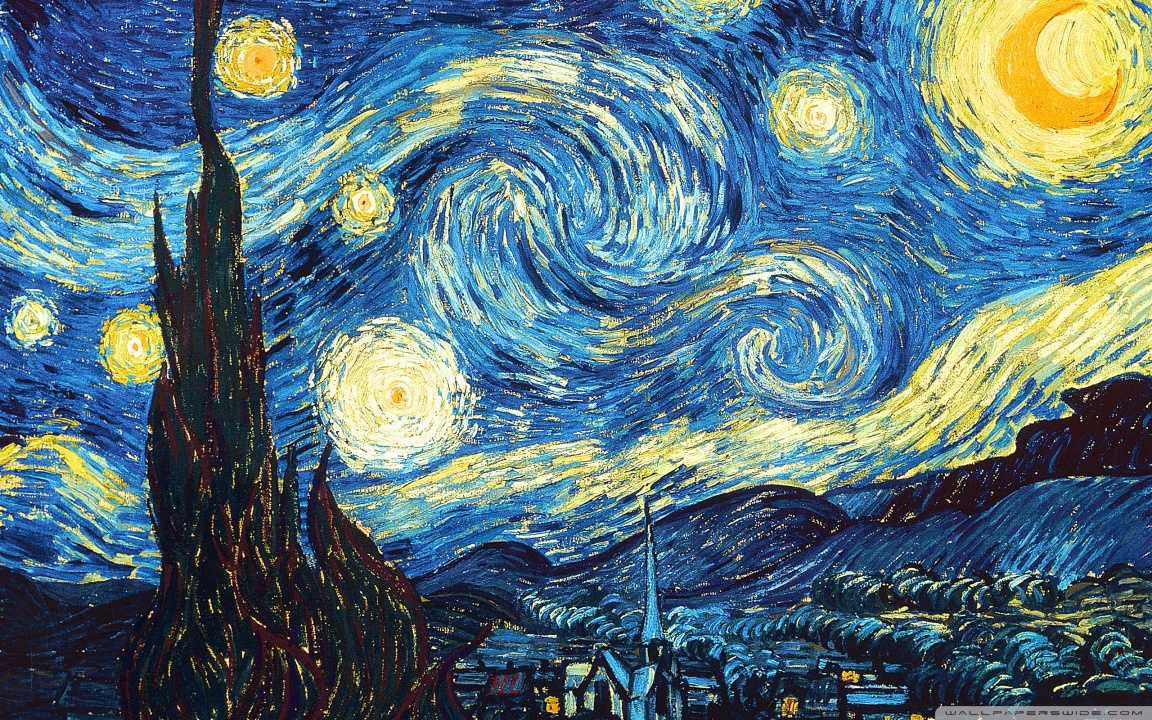Six years ago, my director told me that I, as a singer, could tell a story with a song. Four years ago, he told me that, as an actor, I had the ability to “move the audience with a monologue,” whatever that meant. And almost three years ago, he told me that, as a performer, I could make or break a production with a simple facial expression. Throughout these lessons and lectures, I came to understand that I don’t understand art. It’s impractical and incomprehensible, and, to be honest, it usually looks like it was drawn by a three year old that broke into a 64 pack of Crayola. But people don’t appreciate art because they understand it; they appreciate it for its beauty and ability to provoke thought or emotion in the eye of the beholder. Although most support and encourage the fine arts as they should, a powerful and growing percentage of the population has obviously failed to recognize the importance of arts education due to their ignorance and uneducated views on this aspect of culture.
The fine arts curriculum is being cut in schools around the world, and it’s obvious what those cuts are a result of- money. And while it is understandable that budget constraints limit the variety of options and courses available to students, it is my understanding that art programs always seem to be the first to go. In fact, it is estimated that by the end of this year, more than 25% of public high schools will have completely dismantled them. It is evident that many school superintendents, principals and teachers lack appreciation for the value of arts education, and unjustly so.
“Notions that the arts are frivolous add-ons to a serious curriculum couldn’t be further from the truth,” says James Catterall, education professor at the University of California-Los Angeles. Catterall coordinated a research report in which he analyzed 62 studies of various categories of art. Through the study, he proved the benefits of all forms of art on academic achievement and improvements in social skills and student motivation.
And you’re going to try to tell me that Geometry is more important?
Cultural courses in schools give students the opportunity to express themselves; social studies doesn’t exactly expand the mind and allow students to use their imagination. And the only creativity we use in math is drawing triangles, if that even counts. Exposure to art and music classes have proven to positively affect a child’s brain. Students involved in the arts have been known to have higher self-esteem, as well as social harmony and aesthetic awareness. In terms of academics, in a national sample of 25,000 students, those with high levels of arts-learning experiences earned higher grades and scored better on standardized tests than those with little or no involvement in the arts. In addition, a 2002 report by the Arts Education Partnership revealed that children exposed to drama, music, and dance are often more proficient at reading, writing, and math.
Take that, Biology.
It is public education’s responsibility to help individuals discover their talents and passions, and to expose students to all areas in which they might exhibit strength or interest. Through this exposure and nurturing, we’re offering students the opportunity for artistic growth and the ability discover and develop their talents in these otherwise unexplored fields. It’s only fair that we provide all students with equal opportunity; if schools offer one individual the ability to discover his strengths in soccer, another should have the chance to explore her unknown talents in percussion.
As I said before, I don’t understand art. But through my experiences with the many expressions of it, I’ve figured out that the art isn’t meant to be understood. After all, how could it? The concept of art has more simplicity and complexity to confuse you for a lifetime. The purpose of it is to make members of society, including students, think outside the box, and to allow diversity to shine through. If the arts curriculum continues to be cut, the world’s creativity is going to deteriorate and we’re ultimately going to build a society of scientific and mathematical clones, which could probably be classified under worst nightmares.
